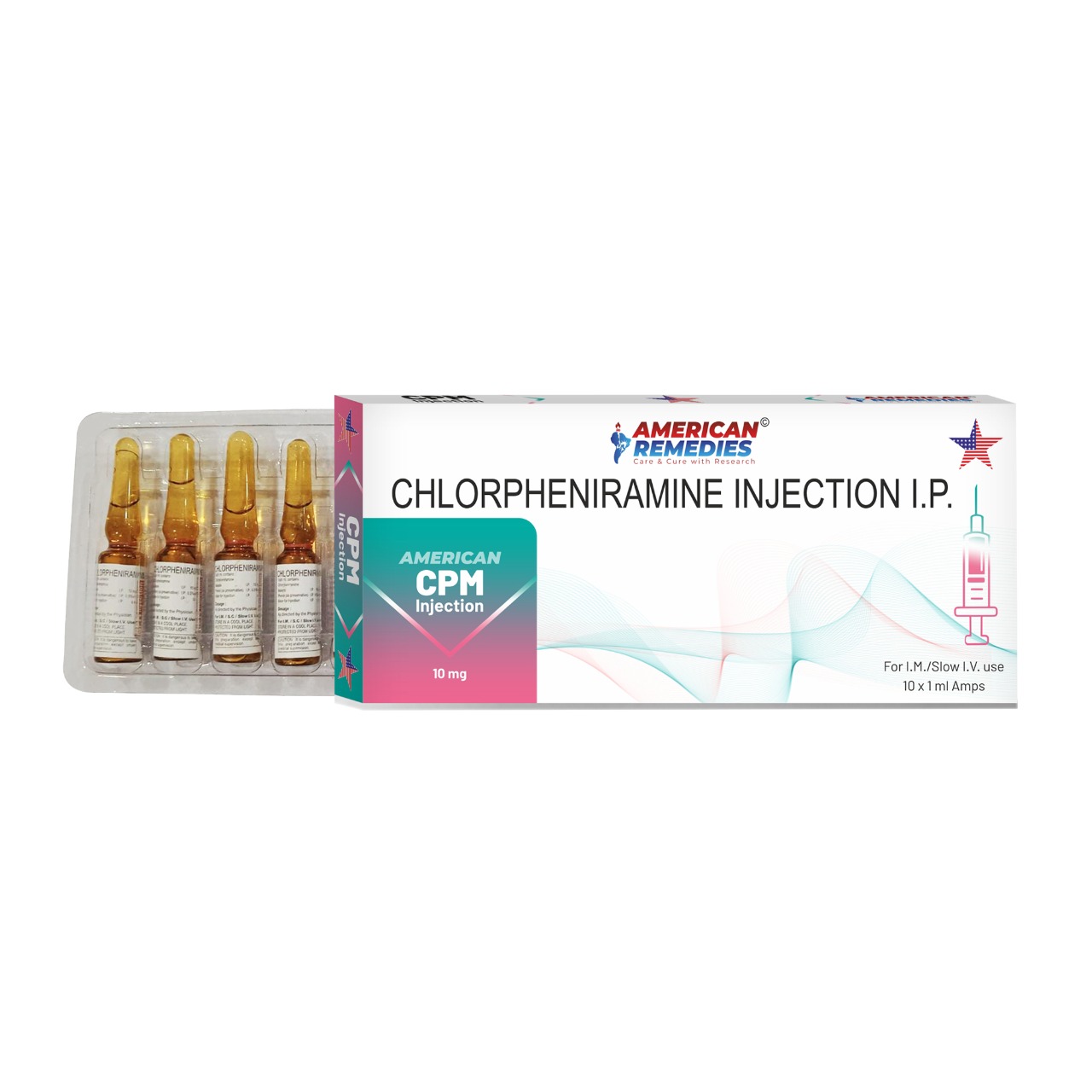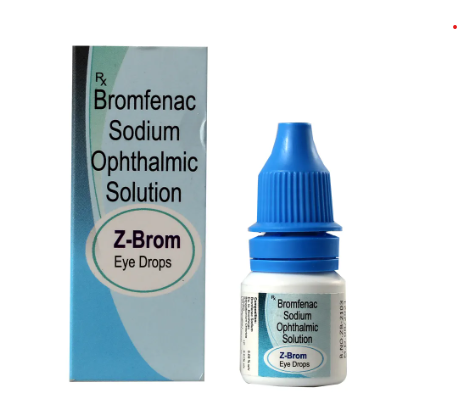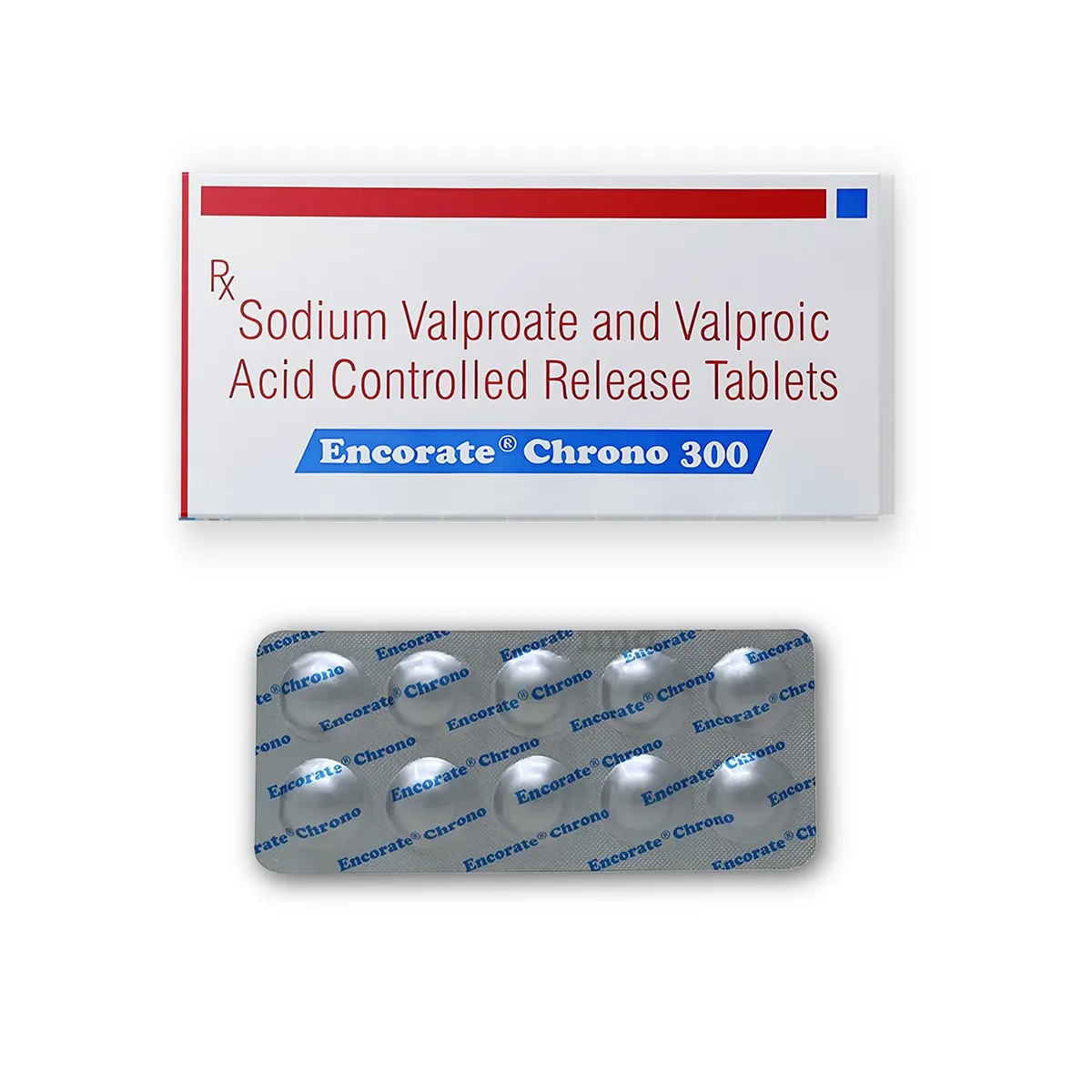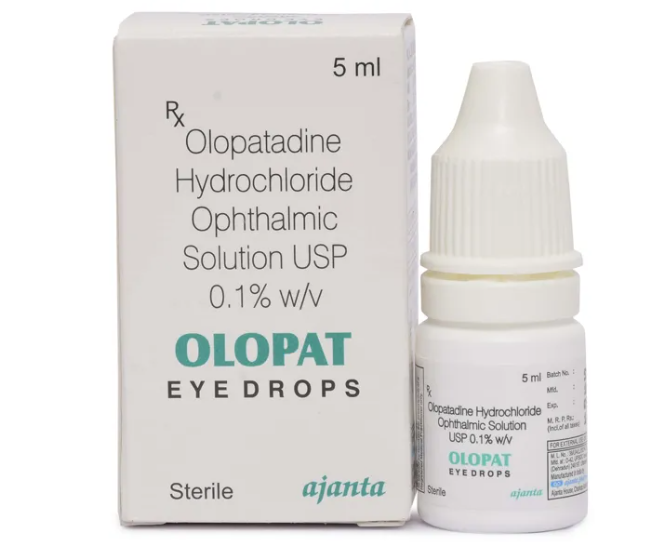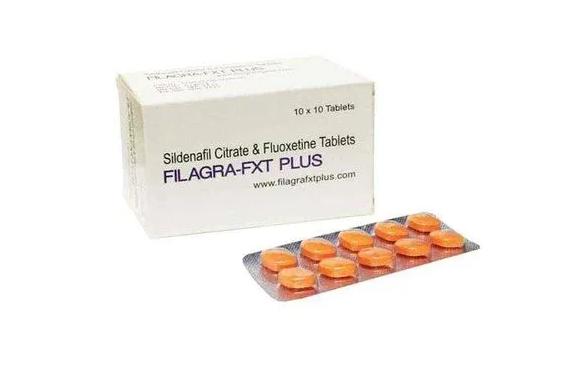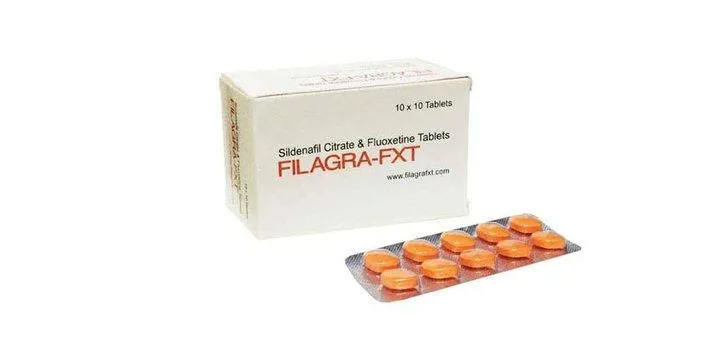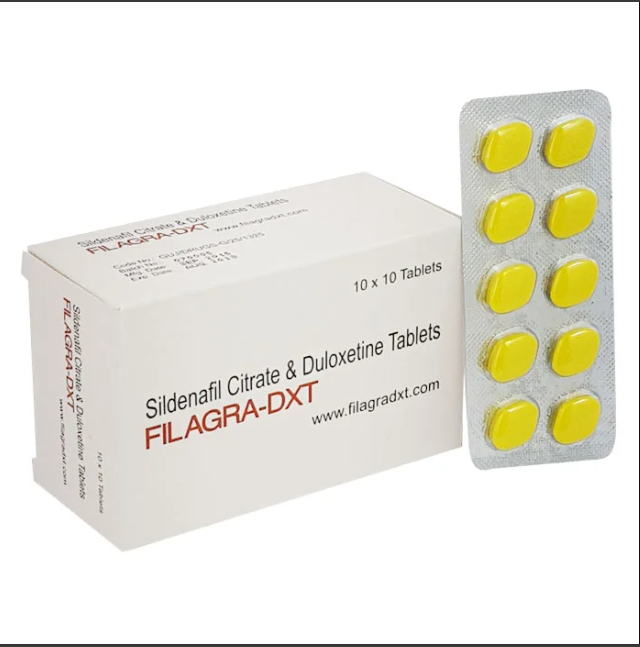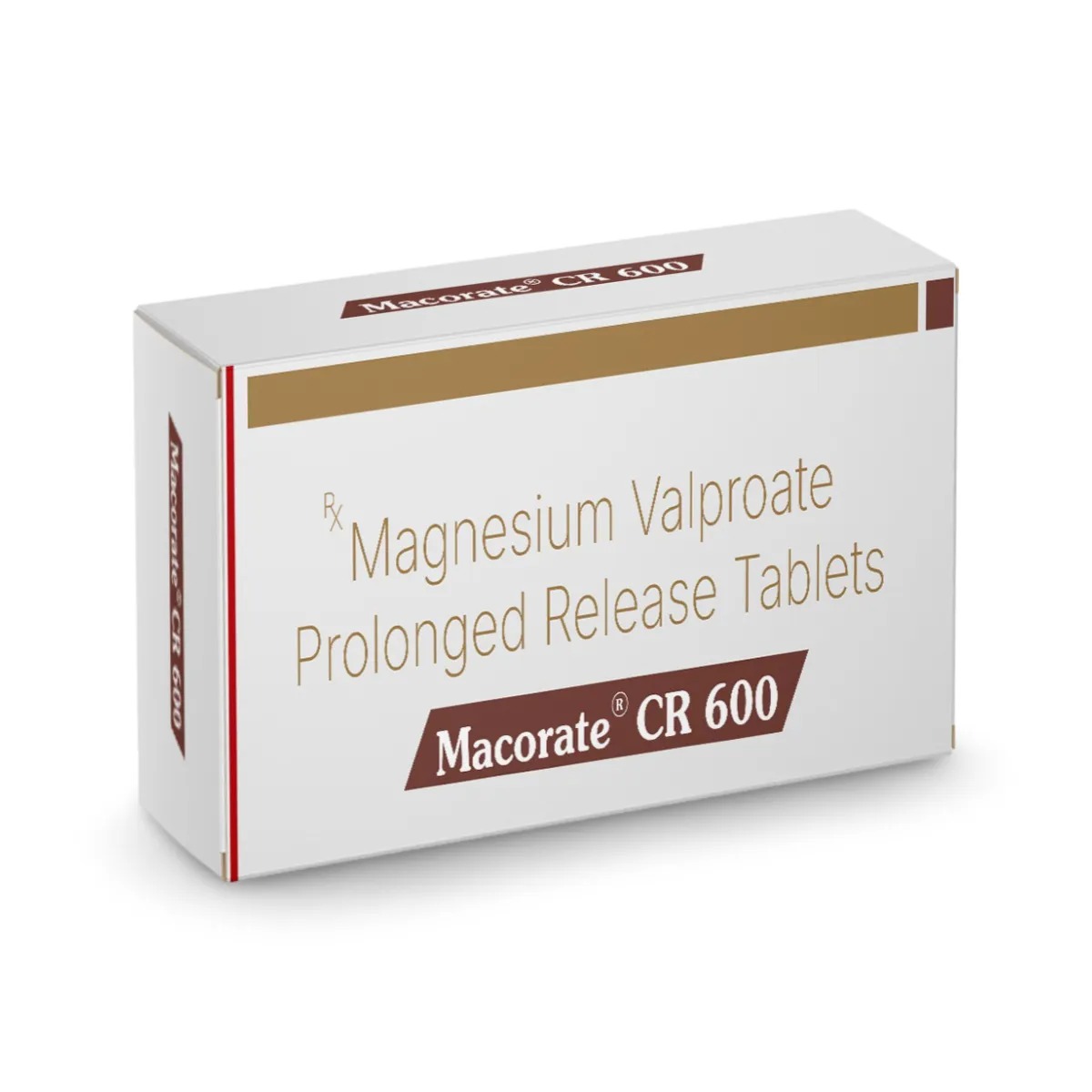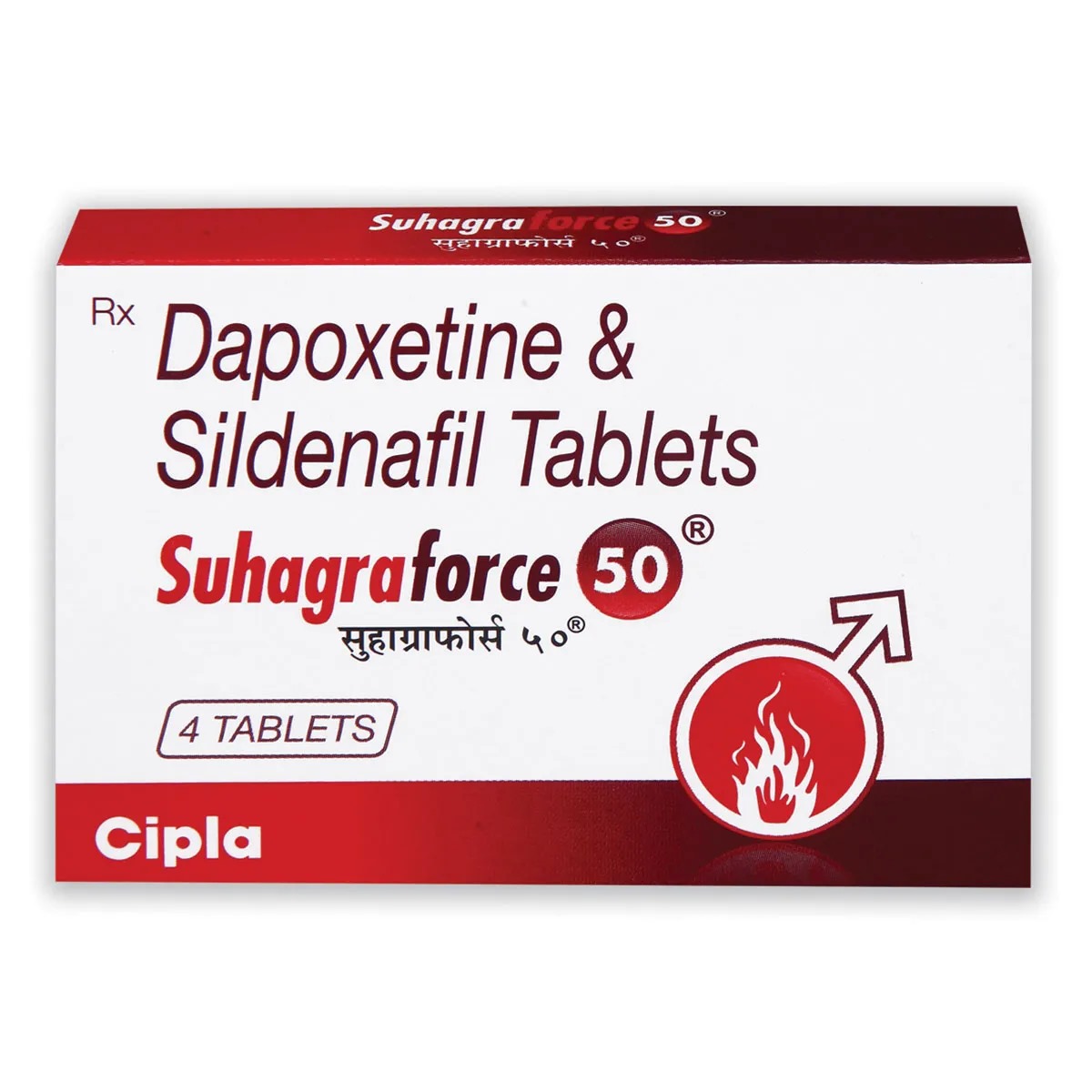CPM Injection refers to Chlorpheniramine Maleate Injection, a first-generation antihistamine commonly used in clinical settings to manage allergic reactions and related conditions. It is available in various strengths, such as 4 mg, 10 mg, and 20 mg per vial, and is administered via intravenous (IV) or intramuscular (IM) injection. ________________________________________ 🩺 Medical Uses CPM Injection is employed to treat a range of allergic and hypersensitivity conditions, including: • Acute Allergic Reactions: Such as anaphylaxis, where rapid intervention is crucial. • Chronic Allergies: Including hay fever, allergic rhinitis, and conjunctivitis. • Skin Conditions: Like urticaria (hives), angioedema (swelling), and pruritus (itching). • Pre-Medication: Administered before blood transfusions or certain medications to prevent allergic reactions. • Motion Sickness: To alleviate symptoms associated with nausea and vomiting. • Common Cold Symptoms: Such as sneezing and runny nose. Its rapid onset makes it particularly valuable in emergency and hospital settings. ________________________________________ ⚙️ Mechanism of Action Chlorpheniramine Maleate works by blocking histamine receptors (H1 receptors) in the body. Histamine is a chemical involved in allergic responses; by inhibiting its action, CPM reduces symptoms like itching, swelling, and redness. ________________________________________ 💉 Administration and Dosage CPM Injection is administered by healthcare professionals: • Intravenous (IV) Injection: For rapid onset of action. • Intramuscular (IM) Injection: For sustained release and longer duration of effect. The dosage and frequency depend on the specific condition being treated, the patient's age, weight, and overall health status. It is crucial to follow the prescribing healthcare provider's instructions. ________________________________________ ⚠️ Precautions and Contraindications Before administering CPM Injection, inform the healthcare provider if the patient has: • Allergy: To chlorpheniramine or any other antihistamines. • Medical Conditions: Such as glaucoma, high blood pressure, or gastrointestinal issues. • Pregnancy or Breastfeeding: Discuss potential risks and benefits. CPM may cause drowsiness; therefore, activities requiring alertness, like driving, should be avoided during treatment. Alcohol consumption should also be limited, as it can exacerbate drowsiness. ________________________________________ ⚠️ Side Effects Common side effects may include: • Drowsiness or sedation. • Dizziness or lightheadedness. • Dry mouth. • Blurred vision. • Nausea or vomiting. If any side effects persist or worsen, consult a healthcare provider promptly.
Send Message